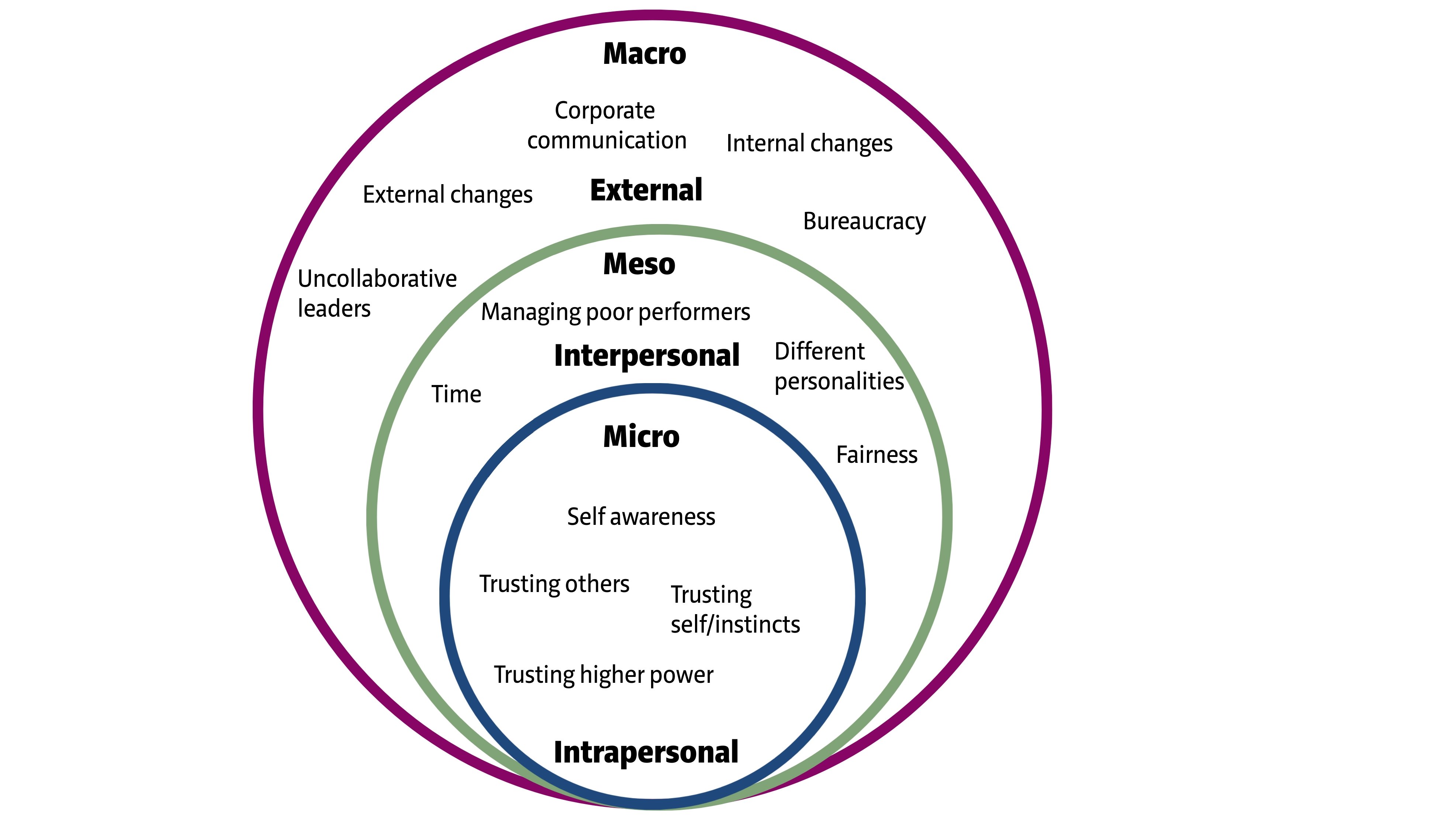In a previous article, Why Leading with Compassion is the Future for Business, we talked about how companies that have compassionate leaders are highly profitable and productive. But how do you do that?
The reality is that it all comes down to leaders at all levels of a company improving their self-awareness or Emotional Intelligence (EQ). Here are eight ways to bring more compassion to your leadership style, while raising your emotional intelligence at the same time.
- Listen, listen and listen again- Great leaders actually listen more than they talk. In fact one of the signs of a highly resilient leader is when they are given bad news. Rather than jump to conclusions and blame others or complain about the situation, they rather calmly ask for more information. By getting as much information as they can before making a decision, they ensure that no-one is incorrectly blamed and it also gives them time to think of a solution. Think of the expression "Slow to anger, quick to love". When talking to staff members, ask more questions and listen. In fact, it is true to say a highly empathetic leader does not dominate a workplace conversation, rather they let people talk things through.
- Assume the best in others - Everyone does the best that they can and it's safe to assume that when someone does something that is not to your standard that they have honestly done what they believed was the right thing at the time. Avoid thinking that a person is "lazy", "stupid" or "disorganised". It's more likely that they have different objectives, experiences and pressures to you. Find out more about why they did what they did, to help put them back on the right track. People with empathy are good at recognizing the feelings of others, even when those feelings may not be obvious. As a result, empathetic people are usually excellent at managing relationships.
- Keep your emotions in check - Those who have high levels of emotional intelligence understand their emotions and impulses. They refuse to let their emotions rule them or even the high emotion of a group. Rather, they are open to having a good hard, honest look at themselves and see any positive or negative emotions as a signal to understand more about themselves, slow down or discover what they like doing in life. For example: A person with high emotional intelligence who reads a business article and feels the emotion of anger would acknowledge that they are feeling anger and then work out what is making them angry. They wouldn't lash out at the next person they saw or write a nasty email to the person who wrote the article.
- Be interested in others - Really great leaders are interested in those that work with them at all levels. Think of Bill Pollock, the co-founder of Drake International. Still going strong in his 80's, he travels between his international offices throughout the year (and he works a seven day week). At his Melbourne office, he still makes sure to have lunch with any new staff member to find out what they like to do and their background. Take Bill's lead and develop strong working relationships, by discovering more about your co-workers - their background, dreams, job objectives and obstacles. And stop talking about yourself.
- Accept responsibility - According to Brian Tracy, the motivational guru, the hallmark of a fully mature human being is to be 100% responsible for our lives. Blaming others and creating excuses for our mistakes is one of the primary causes for failure as adults and a contributor to poor mental health. Instead, by self-examining our behaviour and taking full responsibility for our actions, we boost our mental health and feel in control of our lives. People are more likely to trust a leader who can admit that they made a mistake. Read more in: Why Removing Personal Responsibility is Irresponsible).
- Be open to feedback - I clearly remember my first full time job and an early performance review. Sadly, it was littered with personal attacks, such as I looked to young, my voice was too high and that I wasn't dressing professionally enough. Absolutely shocked by the insults, I told my female CEO and my male manager that I would improve (in my squeaky, high voice). Just by listening to what they said and buying a suit that next weekend, they had more trust in me that I would make a good consultant (for the record, wearing more suits was pretty much all I could do). The worst thing I could have done was argued with them or make excuses. But being open to their feedback, I was able to adjust my appearance and improve my career (well, slightly).
- Support others in their career - Gail Kelly, the CEO of Westpac, believes that great business leaders have "generosity of spirit". She describes this as people who back others and who go the extra mile to help them. This means supporting everyone and not cherry-picking those that you believe are more deserving of your support. A colleague of mine talks about a similar concept to this in a book she has written, but sadly while she boasts about the support she gives, it is limited to her close friends and family. Anyone located outside her imaginary boundary receives lip-service support.
- Avoiding personal criticism - At no stage should you ever make any personal remarks that are insulting, sexist or racist. There are times when people will do their best insult, but this does not mean that you have to give it back. A true leader is able to face criticism and respond with a "That's interesting", but never replies with inappropriate or hurtful remarks. This is a difficult one to master, but it is an important skill to have.
Leading with compassion means being mindful of how we treat others and ourselves. It means taking an honest look at our behaviours and actions and making small adjustments.
The rewards are truly bountiful - a happy working atmosphere and satisfied staff and customers, which all mean improved productivity and profitability.
What do you need to do to bring more compassion into your leadership style?


